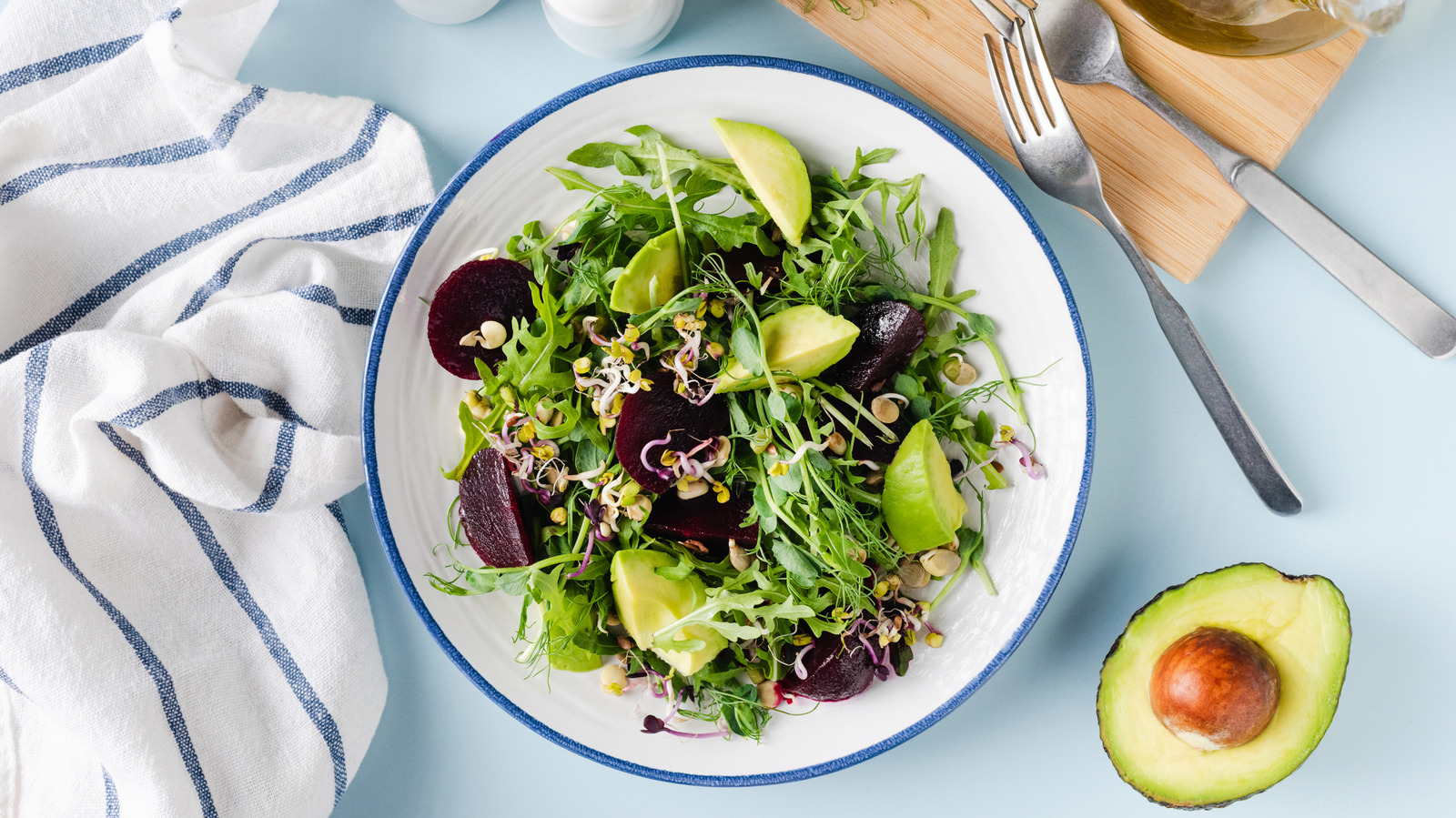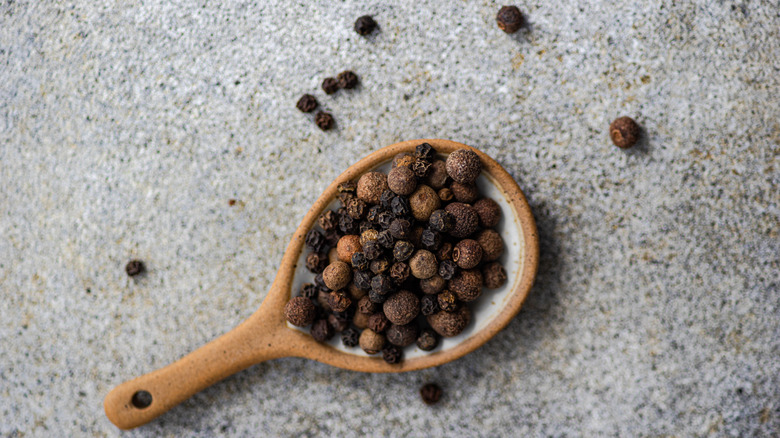Do you love salads but always feel that something is off when you make them at home? While it can be fun to experiment with different greens, proteins, and toppings, sometimes homemade salads just aren’t up to par with their restaurant counterparts. Luckily, there could be a very simple reason for this: black pepper.
Without thinking, most of us add it to our eggs in the morning, our BLTs for lunch, and big green salads for dinner. However, many people don’t realize that black pepper is not only unnecessary in most dishes, but it can completely alter the flavor profile of an entire meal. Unlike salt, which tends to magically enhance the flavor of foods without adding anything different, black pepper is a pungent spice that changes the taste of food dramatically, and can easily overpower the flavor of other ingredients.
Although seasoning with salt and black pepper is almost a reflex in the kitchen, salads are a place to leave the pepper behind and focus on the other elements. Let the delicate lettuce, tender vegetables, grilled meats, fresh cheeses, and tender herbs shine on their own.
Black pepper’s roots and where to use it
For centuries, black peppercorns were known as “black gold” and the “king of spices.” Most of the world’s black pepper comes from Vietnam, while its history has roots in India. As trade routes opened up globally, ancient Romans incorporated the spice as a luxury, which then spread throughout Western Europe. Initially only available to the extremely wealthy, trade became easier, and peppercorns were accessible to the masses. What was once a jewel of the affluent is now used as a boilerplate seasoning for most recipes in North America and Europe, alongside salt.
Black pepper might not be the best seasoning for delicate salads, but it does have a distinct purpose in some recipes, like cacio e pepe, black pepper tofu, or steak au poivre. In those dishes where black peppercorns are the star of the show, it’s imperative to use freshly cracked black pepper as opposed to the pre-ground, powdered version you find languishing on grocery store shelves, which usually has the texture and pungency of sawdust. If you’re keen on exploring more flavors, learn more about the many different types of peppercorns and the best ways to use them in your cooking, but try to use them sparingly in the kitchen and see if you prefer foods without the constant, bold seasoning of pepper.






